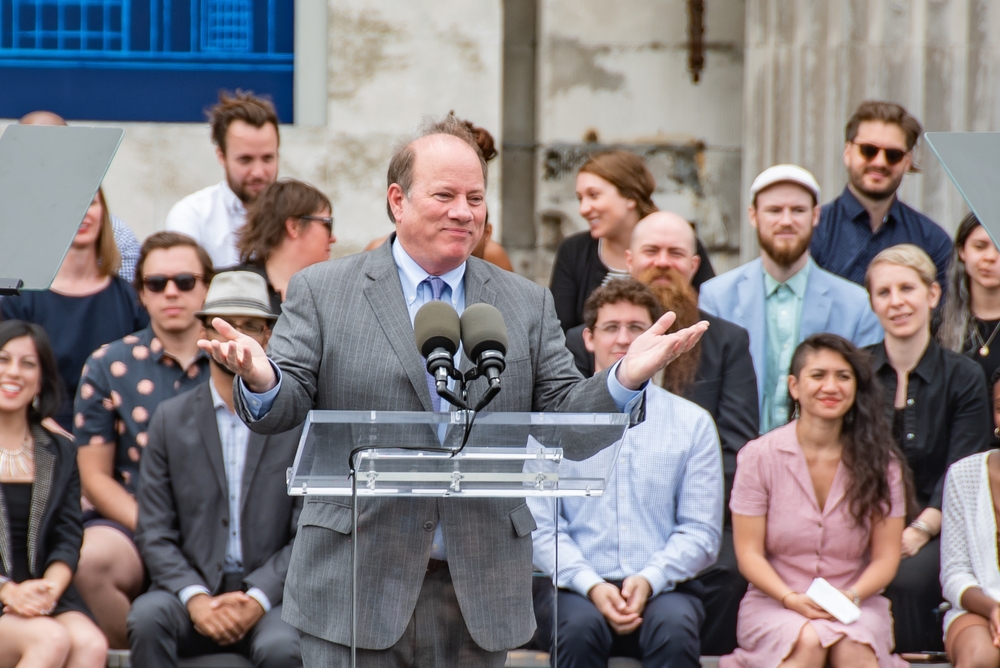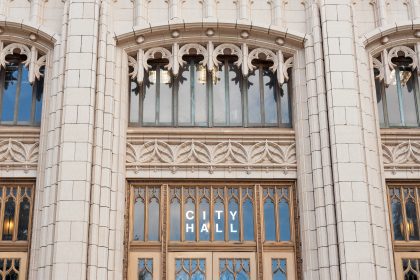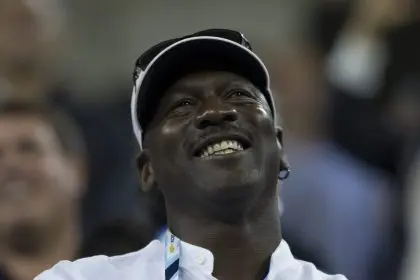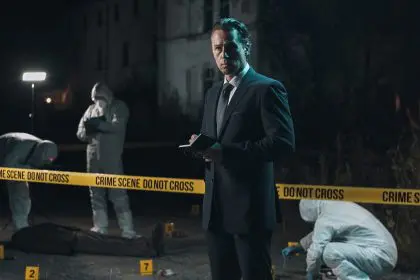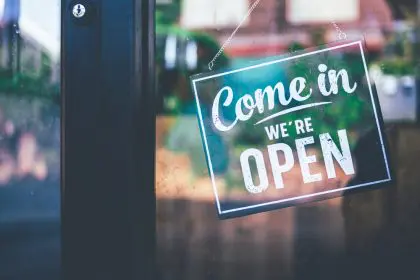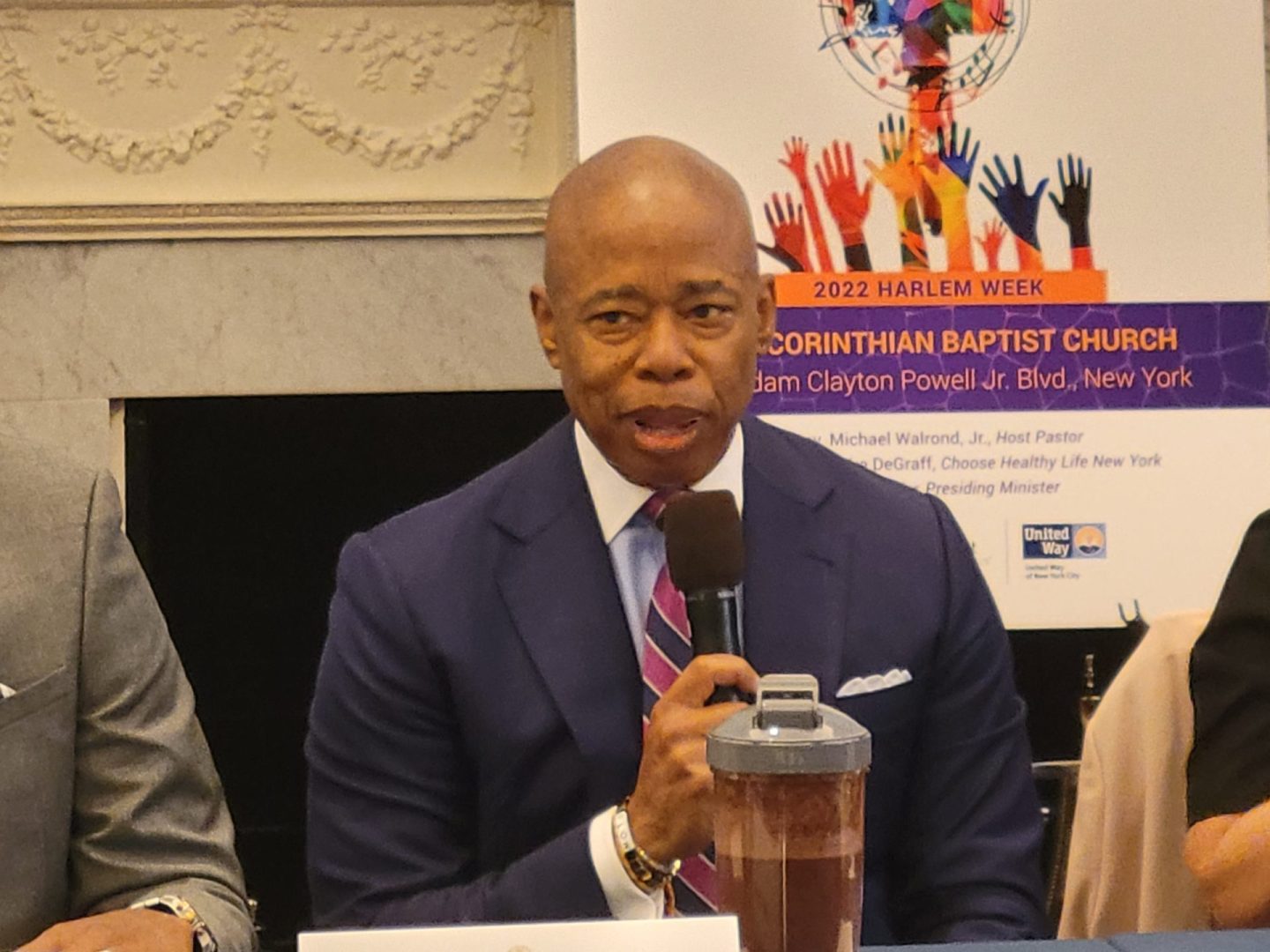As Mayor Mike Duggan prepares to vacate the office after an unprecedented three-term tenure, Detroit is entering a critical political season. With nine candidates now certified for the Aug. 5 primary, the 2025 mayoral election is shaping up to be a defining moment for a city in flux — one that has emerged from bankruptcy, wrestled with crime and inequality, and is now poised at the edge of economic possibility.
While Duggan heads toward a possible gubernatorial run, his successor will inherit both the burdens and boons of a city in transition. The new mayor will have to confront enduring crises — from public safety to youth disillusionment — even as they take command of powerful assets, ranging from institutional anchors like the Detroit Institute of Arts to corporate giants like General Motors and Rocket Mortgage.
A crowded field of hopefuls
The roster of candidates reflects a wide spectrum of professional backgrounds and political philosophies. Among them are well-known civic leaders and fresh political voices, each offering a distinct vision for the city’s future.
-
Jonathan Barlow, a businessman with private-sector credibility
-
James Craig, the city’s former police chief, bringing a law-and-order message
-
Fred Durhal III, a current city council member with legislative experience
-
Joel Haashiim, another businessman aiming to modernize government
-
Saunteel Jenkins, a former City Council president and nonprofit executive
-
Solomon Kinloch Jr., pastor of Triumph Church, promising moral and community leadership
-
Todd Perkins, a criminal defense attorney advocating for systemic reform
-
Mary Sheffield, the current City Council president and progressive policy advocate
-
DaNetta Simpson, a retired cosmetologist and frequent candidate
Whoever prevails in the general election this November will govern a city navigating persistent instability and invigorated by untapped potential.
Five pressing challenges
1. Public safety and trust in law enforcement
Though homicides have declined from their peak, concerns over violent crime and gun-related incidents remain high. Several neighborhoods report inconsistent policing, and tensions persist between communities and law enforcement agencies. Voters will be watching closely to see which candidates propose not only stronger policing strategies, but also reformative approaches to rebuild trust and accountability.
2. Housing affordability and neighborhood decay
Detroit’s uneven development pattern has left many neighborhoods with deteriorating infrastructure and rising rents. Affordable housing advocates warn of displacement risks, especially as corporate development creeps outward from downtown and Midtown. Candidates are expected to champion equitable development models that include both preservation and innovation.
3. Inclusive economic development
Detroit’s automotive resurgence and tech investments have not lifted all boats. Unemployment and underemployment remain elevated in some ZIP codes. The next mayor will need to strike a balance between courting industry giants and nurturing small, locally-owned businesses — especially in Black and Brown communities historically excluded from economic growth.
4. Educational gaps and youth opportunity
The city’s public school system remains under stress, with academic achievement lagging behind state averages. Many candidates are calling for stronger city-school partnerships, expanded youth programs, and vocational pipelines that better prepare young people for jobs in growing sectors.
5. Crumbling infrastructure and inconsistent services
From lead pipe replacement to digital deserts, Detroit faces a sprawling infrastructure crisis. Aging roads, spotty public transportation, and outdated water systems pose significant public health and quality-of-life concerns. The next mayor will be expected to prioritize long-overdue upgrades — and secure funding to pay for them.
Assets that could shape the city’s future
Despite its challenges, Detroit holds a number of strategic advantages that could help drive an inclusive urban renaissance — if harnessed with foresight.
The Detroit Institute of Arts
One of the premier art museums in the country, the DIA offers more than cultural prestige; it serves as a gathering space for education, tourism, and civic engagement. Investment in the arts could help revitalize communities and attract new residents.
A powerful nonprofit sector
Detroit’s nonprofit ecosystem — including organizations such as LISC Detroit, headed by Rob Lockett — plays a vital role in affordable housing, entrepreneurship, and food access. The mayor’s ability to collaborate with this sector could dramatically scale impact.
Corporate titans: GM and Rocket Mortgage
General Motors remains Detroit’s economic backbone, with its global headquarters downtown and ongoing electric vehicle investment in the region. Meanwhile, Rocket Mortgage and its founder, Dan Gilbert, have become synonymous with Detroit’s tech-infused revitalization. These entities offer potential for expanded workforce training, urban redevelopment, and innovation initiatives.
Community Development Financial Institutions (CDFIs)
CDFIs are uniquely positioned to finance the city’s future from the bottom up — offering loans and support to small business owners, developers, and residents typically shut out of traditional banking systems. A mayor who embraces these tools could catalyze a more inclusive recovery.
The road ahead
Detroit’s 2025 mayoral race is not just a referendum on the city’s past — it’s a blueprint for what comes next. Will the next leader focus on grassroots renewal or corporate partnership? Will they emphasize law enforcement or community healing? Will they govern as a pragmatist or a visionary?
With billions in potential investments, a resurgent cultural scene, and a resilient population, Detroit stands ready to move forward. But progress is not inevitable. It will depend on the wisdom of voters and the leadership of whoever wins the city’s highest office.

